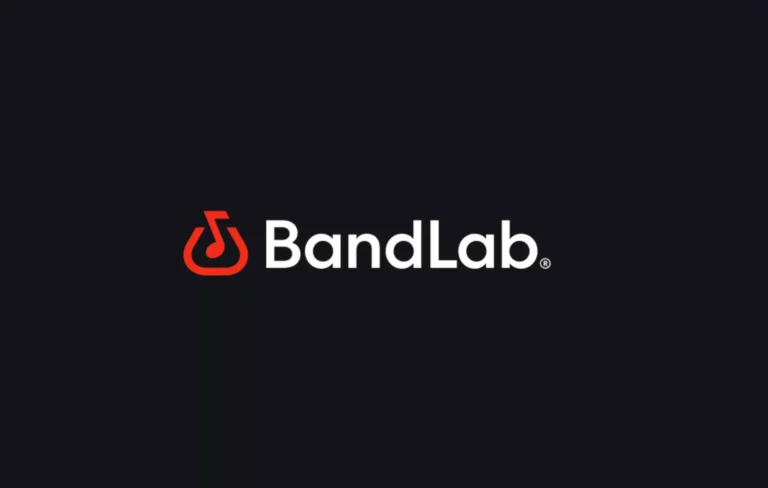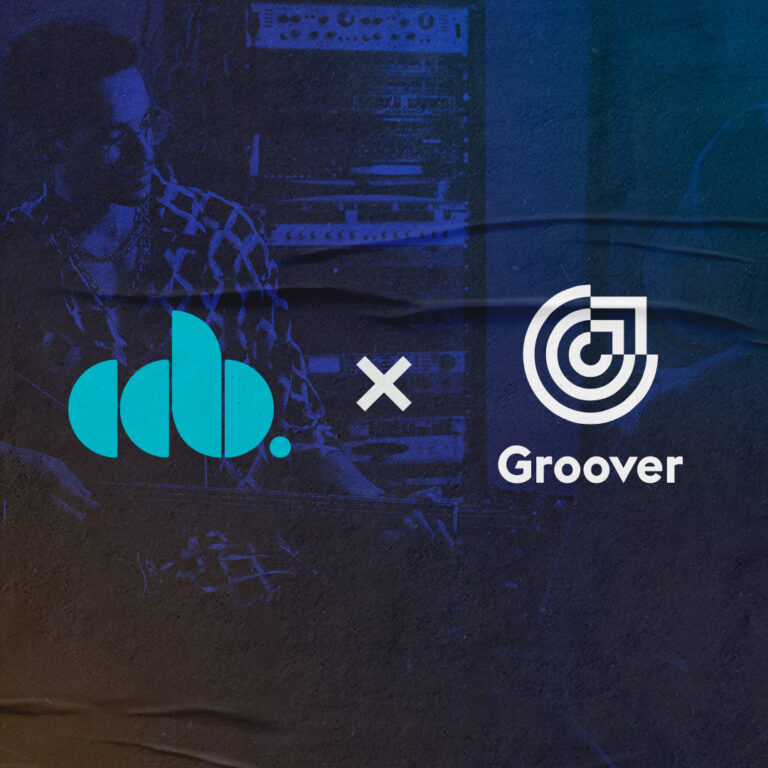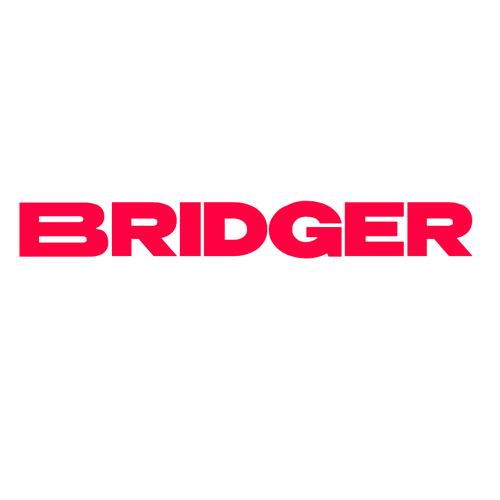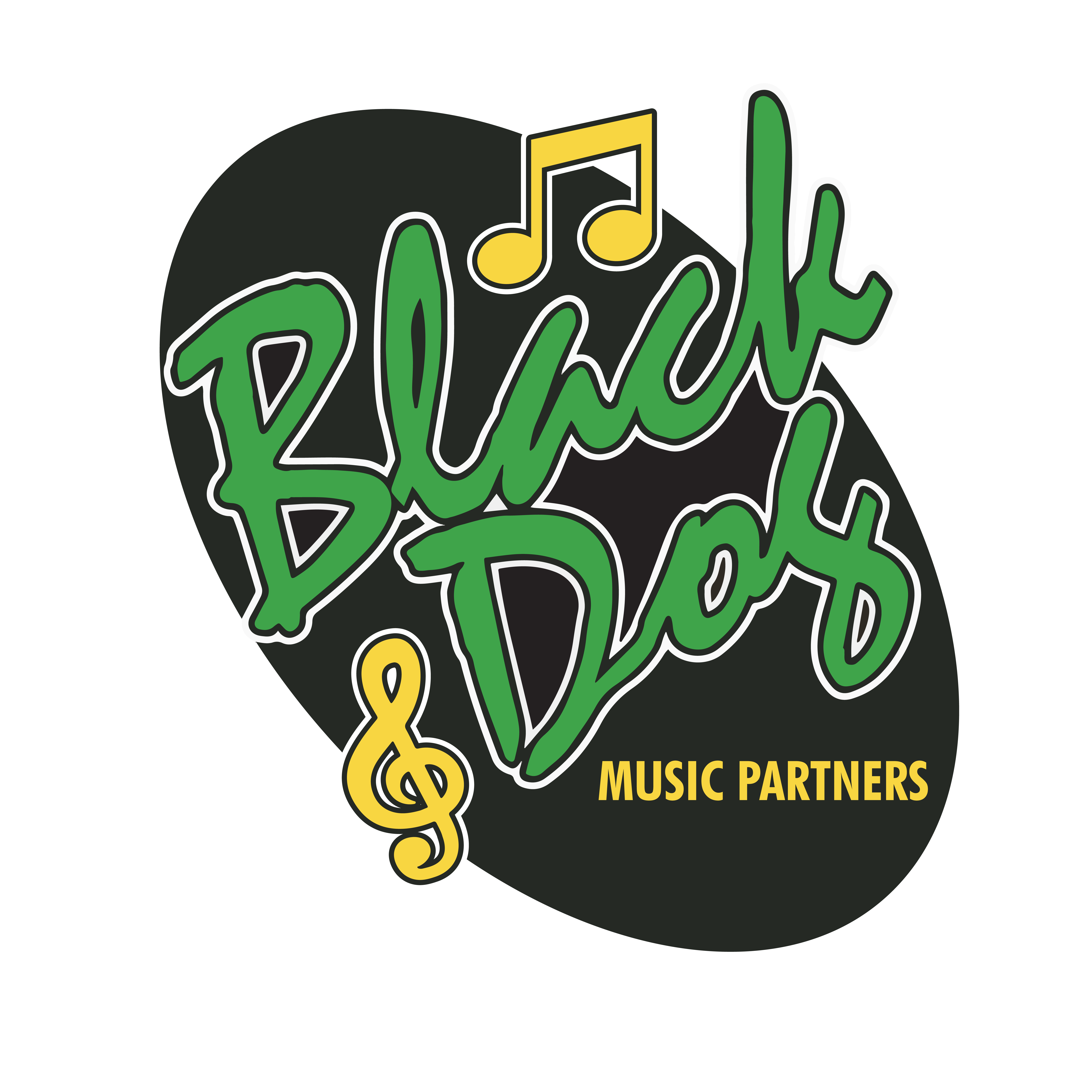Music license agreements: don’t fear them, it’s time to be aware of them
What is a Music Licensing Agreement?
Music licensing agreements, pretty much everything in the music industry revolves around them.
Whether you’re:
-
Adding collaborators to an existing work
-
Or, you’re signing a sync deal to place your music in a film production
…you’ll be working with music licensing agreements!
To use or exploit (sell) music copyrights, you need a music license.
If you aren’t an original creator or copyright owner, you need a music licensing agreement to use music legally.
How to Get Music Copyrights
When music is “written” it creates a copyright for the music. These days, “written” may mean recorded as audio or MIDI in a Digital Audio Workstation (DAW).
Copyrights protect a creator from somebody using their work, and claiming it as their own. This is important to consider when writing music, as well as when working with samples or covers.
Anytime you use somebody else’s work, in any way, you will need permission from the copyright owner(s). This is the essence of music licensing.
In some territories (countries or states), writers must register their copyrights. Other territories legitimise a music copyright immediately after writing new melodies or lyrics.
You will want to check what your local copyright law requires you to do.
Music Intellectual Property Rights
Once you have a music copyright, your music becomes an “asset”. In fact, a particular type of “asset”, called “intellectual property” (IP).
Assets are items of property owned by a person or company that have “value”. This means it is tradable for a price.
IP is any property owned by a person that is “intellectual” in nature. This covers copyrights, trademarks, patents and more.
2 Different Copyrights Protect Recorded Music:
Master Rights
Master rights protect the recording of music. Before computers, music was recorded to physical formats such as tape.
The original recording was then copied onto other formats such as:
-
Vinyl records
-
Cassettes
-
CDs
An original recording was called a “master recording”. This terminology is now embedded into the business of music. So, we still use the term “master” even though in the digital world, music is not replicated in the same way.
Traditionally, record labels owned the master records, and rights. They licensed songs from publishers and sold records for big profits. Master royalties went to the label. Another royalty, mechanical royalties, went to publishers and writers. This was a fixed rate for every copy made of a recording.
Over time, there have been more artists withholding control of their master copyrights.

Publishing Rights
Publishing rights protect the composition and lyrics of music. They are split between the “writers” (including composers) and the “publisher”.
This is another arrangement that has existed since the start of the music business. Early composers weren’t able to make copies of their sheet music and sell it to orchestras to perform. This became the job of the music publisher.
Nowadays, it’s a lot easier for a composer or songwriter to find an act to perform and record their music. Often, they are also the performer themselves!
Different types of rights mean that commercial opportunities blossom. This could be with performing, recording and using music in a variety of ways. Music licensing ensures creators and copyright owners get paid for the use of their work.
Types of Music Licensing
-
Master license – the right to use the recording of a piece of music or song
-
Sync license – the right to use a piece of music or song in a film production. This requires permission from both the master and publishing copyright owners
-
Publishing license – the right to perform or record a piece of music or song
-
Performance license – the right to perform music in public
-
Mechanical license – the right to reproduce and sell a recording of a piece of music or song
Who Needs a Music License?
Remember that every use of music after its creation requires some form of license.
(Unless it’s released under creative commons license, an entirely different beast!)
A lot of the time, you might be licensing your music without even realising it. Every time you upload music to a service you will be signing a usage license as part of the terms and conditions.
There are many reasons why somebody might need to license your music. Examples include:
-
Your music in Movies, films, documentaries, tv shows, games, adverts and trailers. This is called music synchronisation, also known as sync or synch.
-
Radio has the right to play music because they pay a license to performance rights organisations. (Sometimes under what’s known as a blanket license).
-
Any businesses, premises or venues playing live or recorded music need a license.
-
Content creators, such as YouTube vloggers or Podcasters need to license music.
-
Social media platforms allow users to create posts that use music.
-
Record labels need to license the right to use the publishing copyright to create a record.
-
Artists, topliners and rappers who want to license a backing track to sing over.
-
Producers who “sample” or remix music to repurpose it in a new derivative work.
-
Artists who cover music created by other writers.
Different types of licenses are needed depending on the need. Some need permission from both the owner of the publishing and master rights. Some may only need one “clearance”. It’s important to know what kind of rights you need to clear and license before you use music.
Exclusive and Non-Exclusive Music License Agreements
Music licenses are usually created on a case-by-case basis, although not always.
Music license agreements can be “permanent” or for a “term” (agreed duration of time). They can ensure that no competitors can also use the same music, or even work with the same artists.
This decision concerns the exclusivity of a licensing contract.
Here are some examples of how exclusivity might play a part in music licensing:
Sync License for Music
A sync license consists of 2 parts – the publishing rights and the master rights. To license a recorded song for sync, the licensee must get permission for both parts.
The film or creative producer sometimes decides what music is synched. However, they often outsource music choices to a trusted expert. This is somebody who knows how sound and picture work together – music supervisors.
Music Supervisors are responsible for sourcing, trialling and sometimes deciding music for syncs. They tend to prefer to use “one stop” music.
One Stop Music Licensing
One stop means one point of contact with full permission to make an immediate decision on the licensing of both the sync and master rights.
For a sync agent to represent your music as one-stop, they might ask that you sign a sync agency contract. This allows them to pitch and sign deals for your music on your behalf.
Non-exclusive sync agreements can be advantageous to artists. This is because they will benefit from multiple people pitching their music.
However, this wider net can often be full of holes. Large sync libraries have no real idea of what they have in their libraries to pitch and rely on search filters. This will leave lots of artists without representation through saturation.
Vampr Publishing is a hybrid model built by artists for artists. Music we represent automatically creates a publishing agreement at the point of sync interest. This provides benefits of non-exclusive pitching but ensures our entire catalogue has attention.
Brand Exclusivity
Exclusivity in sync shows up a lot in the corporate and advertising worlds. Brands want to license songs that makes fans and customers think of that brand when they hear a song. This is “sonic branding”.
Brands will sometimes request an exclusive right of a song to ensure no other brands use the same music. This could confuse their sonic branding efforts.
Sometimes, brands might go even further and request an exclusive artist ambassadorship.
Advertisers may request the song is only used in their specific advertising campaign. Usually, this is for an agreed length of time (a “term”).
Production Music
Production music composers will likely encounter a lot of exclusive contracts.
Music libraries are effectively record labels for the sync world. It is in their interest to negotiate exclusive deals with composers. This protects their reputation and guarantees quality for their clients.
One way they do this is by paying composers to create albums in specific styles and genres. They buy these albums from composers outright to become exclusive rightsholders. Then, they can then easily:
-
License the music out
-
Collect royalties
-
Maintain brand consistency
-
Pay composers a set fee for their work, sometimes hiring them on a salary.
Composers are sometimes wary of non-exclusive deals in production music. It can indicate a large passive library where little-to-no effort is made to sell the music. However, non-exclusive agreements can come with royalties, so they’re still worth considering.

Conclusion
Music licensing can be confusing. But, it can be easier to navigate with a little knowledge. Remember that there are 2 main copyright types – mastering and publishing. Then, that ownership, permissions and payment for them can be licensed for different purposes.
Add this article to your bookmarks. Come back to this article any time to remind yourself of music licensing specifics! Or, share it on your socials to help others understand music licensing better.
Source: Vampr



